Meet the Martial Eagle – Kruger’s largest and most powerful bird of prey. Discover its hunting skills, conservation story, and where to spot it near Needles Lodge in Marloth Park.
African Birds of Prey: Masters of the Skies
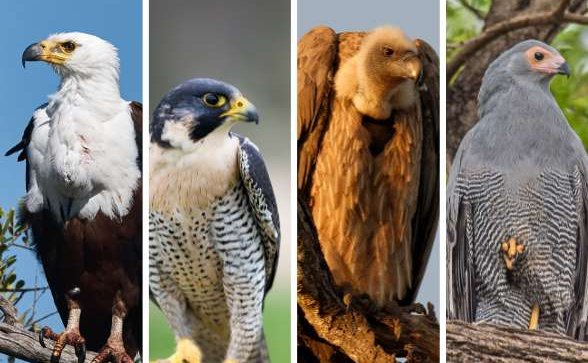
Africa's skies are home to a diverse array of birds of prey, each with unique adaptations for hunting and playing crucial roles in their ecosystems. Species like the African Fish Eagle and Peregrine Falcon showcase the continent's avian diversity and evolutionary marvels, while vultures, often overlooked, serve as vital ecological stewards.
The African skies serve as a grand stage for aerial mastery, where birds of prey reign supreme. These magnificent avian hunters, with their razor-sharp talons, acute eyesight, and powerful wings, not only embody predators but also serve as vital components of the ecosystem.
1. Diverse Avian Predators:
Africa's birds of prey encompass a vast array of species, each uniquely adapted to its ecological niche. From the majestic African Fish Eagle, distinguished by its distinctive call and striking plumage, to the stealthy and deadly Martial Eagle, the continent's raptors showcase both diversity and fascination.
In the heart of Africa, one can witness the African Fish Eagle, a symbol of the continent's waterways. These regal birds, with their distinctive white head and tail, are known for their haunting, melodious call that echoes over lakes and rivers. With keen eyesight, they patiently survey the water's surface for potential prey, and with a sudden, powerful swoop, they snatch fish from beneath the surface. The African Fish Eagle's prowess as a hunter and its commanding presence make it a true icon of African wildlife.
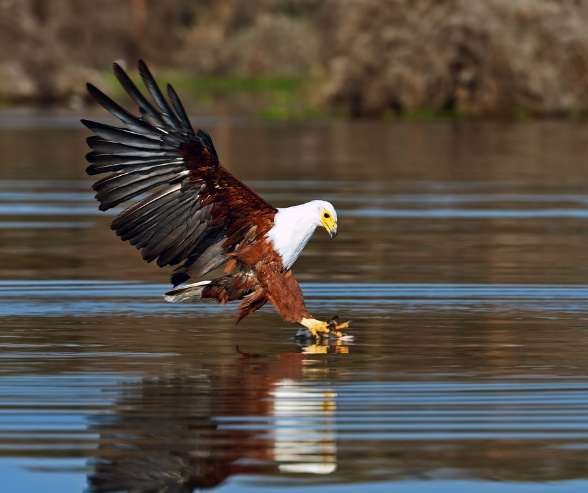
2. Evolutionary Hunting Adaptations:
These birds have evolved with remarkable adaptations for hunting. Their exceptional vision enables them to spot prey from considerable distances, while their talons and beaks are honed instruments for capturing and devouring their quarry. Take, for instance, the Peregrine Falcon, renowned as the world’s fastest bird, capable of diving at speeds exceeding 320 km/h to snatch its prey mid-flight.
With its sleek, aerodynamic form, is the embodiment of speed and precision in the avian world. Found across Africa, these falcons are renowned for their astonishing hunting skills. When in pursuit of prey, they tuck their wings close to their bodies and plummet from the sky at astounding speeds. Their target, often a bird in flight, stands little chance against this aerial predator. The Peregrine Falcon's ability to strike with such velocity and accuracy has earned it a reputation as the world's fastest bird.
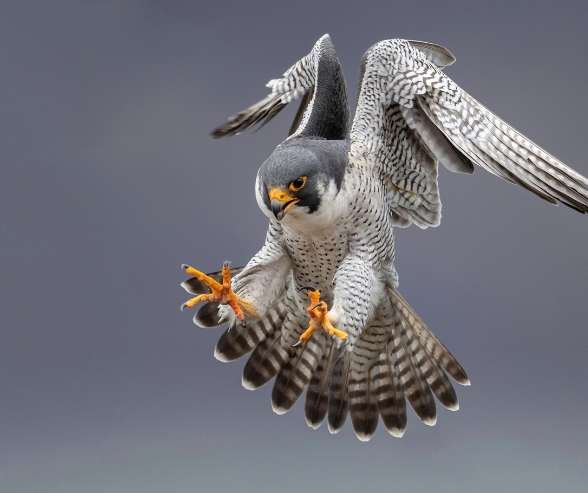
3. Ecosystem Stewards:
Birds of prey play an indispensable role in maintaining ecological equilibrium. They serve as natural controllers of rodent populations and other small creatures, signifying the health of their respective habitats. Often overlooked, vultures assume the vital role of scavengers, diligently cleaning up carcasses and averting the spread of diseases.
In the African bush, vultures are nature's cleanup crew. With their bald heads and keen sense of smell, they are expert scavengers. They play a critical role in maintaining the cleanliness of the environment by consuming carcasses that could otherwise spread disease. While vultures may not possess the charisma of some other raptors, their ecological importance is undeniable. Conservation efforts are crucial to ensure the survival of these often misunderstood birds.
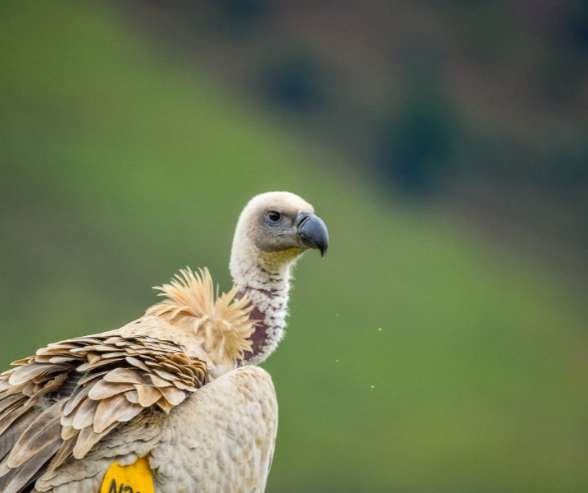
4. Intriguing Breeding and Nesting Behaviours:
Many raptors exhibit captivating breeding rituals and monogamous partnerships. The African Harrier-Hawk, for instance, possesses a unique skill – using its double-jointed legs to extract prey from narrow crevices and holes. These hunters establish nesting sites in elevated, often inaccessible locations, faithfully reusing them year after year.
High in the treetops of African forests, the African Harrier-Hawk engages in a remarkable nesting ritual. These hawks are known for their distinctive appearance, with long legs, slender bodies, and bare facial patches. What sets them apart is their ability to insert their legs into narrow tree cavities to extract prey. This remarkable adaptation allows them to access food sources that other birds cannot. As they return year after year to the same nesting site, they play a vital role in the forest ecosystem.
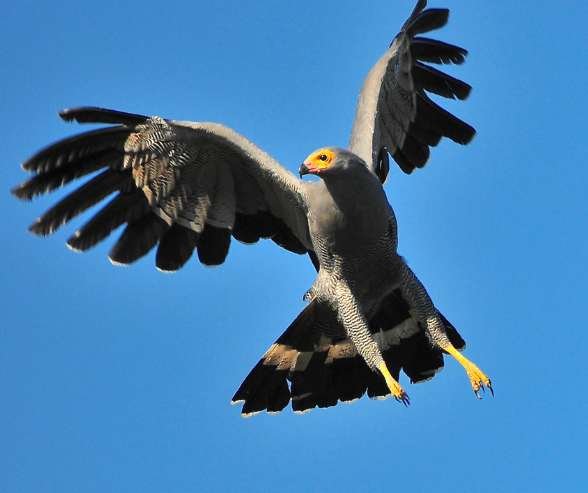
5. Challenges in Conservation:
Regrettably, numerous African bird of prey species confront threats stemming from habitat loss, poisoning, and collisions with human-made structures. Robust conservation measures are imperative to safeguard these majestic birds.
6. Eco-Tourism and Avian Observation:
Eco-tourism, including avian observation, assumes a pivotal role in the preservation of these species. By drawing in tourists, it generates vital revenue that bolsters conservation initiatives and heightens awareness. Avian enthusiasts flock to destinations like Kruger National Park, offering unparalleled opportunities to witness these majestic birds in their natural habitats.
7. Securing the Future of Africa's Raptors:
The destiny of Africa's birds of prey hinges on a harmonious coexistence with humanity. Sustained research, conservation, and community participation serve as the linchpins to ensure that these magnificent birds continue to grace the African skies.
African birds of prey embody more than mere predators; they symbolise the untamed beauty of the continent. Their fate is inextricably linked to the health of the ecosystems they inhabit. Protecting them represents not only an act of conservation but also a tribute to Africa's natural heritage.
Ready to witness the aerial mastery of Africa's magnificent raptors? Join us at Needles Lodge, where you can embark on thrilling bird-watching adventures in the heart of Africa's stunning landscapes. Discover the world of African birds of prey with our expert guides and experience the untamed beauty of the continent. Book your unforgettable journey with Needles Lodge today!
Further Reading
Explore how Kruger National Park protects endangered species and how guests at Needles Lodge in Marloth Park can participate in real conservation efforts.
Discover how each season transforms Marloth Park and Kruger’s bushveld. From dry winters to lush green summers, explore wildlife patterns and safari experiences at Needles Lodge.
Discover the fascinating African Hoopoe in Kruger National Park! Learn about its striking crest, unusual feeding habits, and where to spot this unique bird on your next safari.
Learn the rules and guidelines for a safe and respectful visit to Kruger National Park. Explore tips on wildlife safety, park etiquette, and how to protect this natural wonder.
Explore the reptiles of Kruger National Park and Marloth Park. Discover geckos, skinks, and chameleons in South Africa’s bushveld habitats.
Explore the fascinating bat species of Kruger National Park. Discover their unique adaptations, behaviours, and vital roles in maintaining the park’s ecosystem.

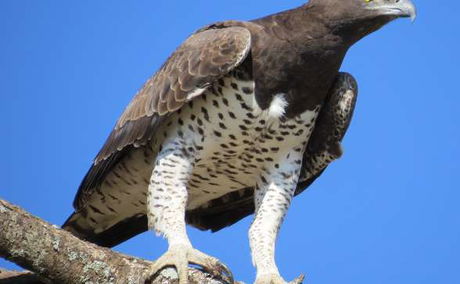
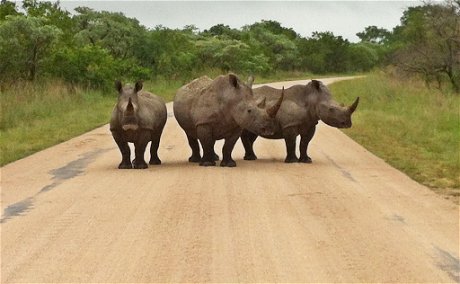
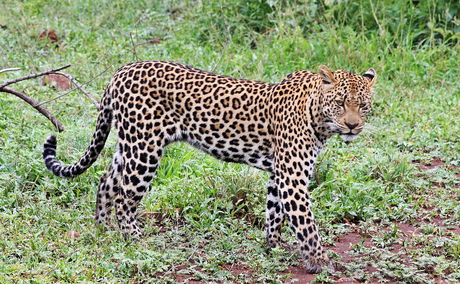
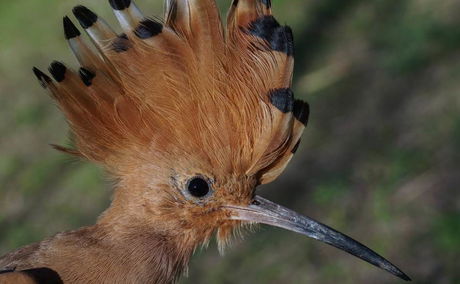

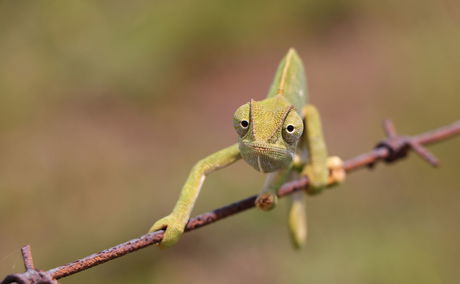
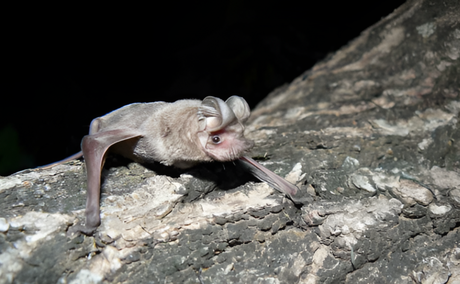
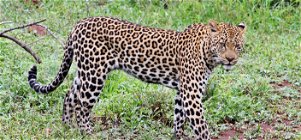
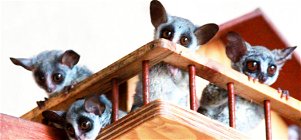
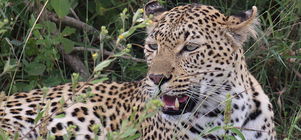
Share This Post